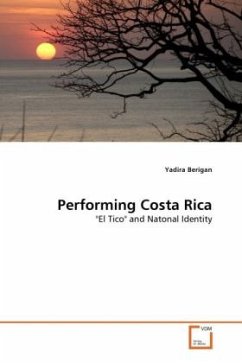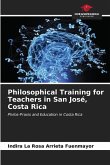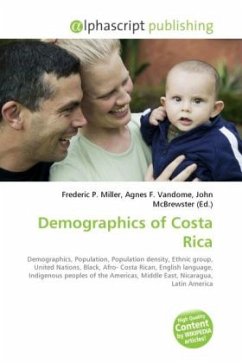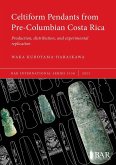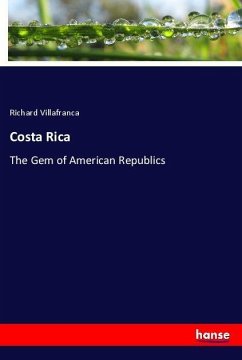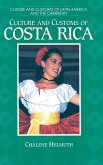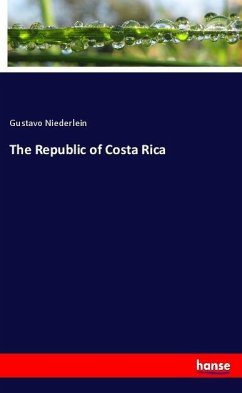Costa Rica is one of the most stable countries in Latin America. Historically, it has been defined in terms of homogeneity and socio- economic equality; essential elements in the construction of a national identity characterized by happy and peaceful citizens. This research utilizes the methodological lens of Performance Studies to analyze these iconic elements of Costa Rican national identity and to challenge the view of Costa Rica as a paradise. The international community continues defining the country in the same manner as it did during the second part of the nineteen-century, but during the last decades this nation has changed and the same definition is not adequate anymore. I analyze street violence and the response of citizens, in an attempt to show that Costa Rica is facing an internal conflict that could have devastating effects on its society. Many social movements have formed during the last decade to try to bring Costa Rica back to the nation it was at the beginning of the twentieth century. These movements try to unmask the country showing that it is not peaceful in an attempt to recover the peace that once characterized this nation.
Bitte wählen Sie Ihr Anliegen aus.
Rechnungen
Retourenschein anfordern
Bestellstatus
Storno

